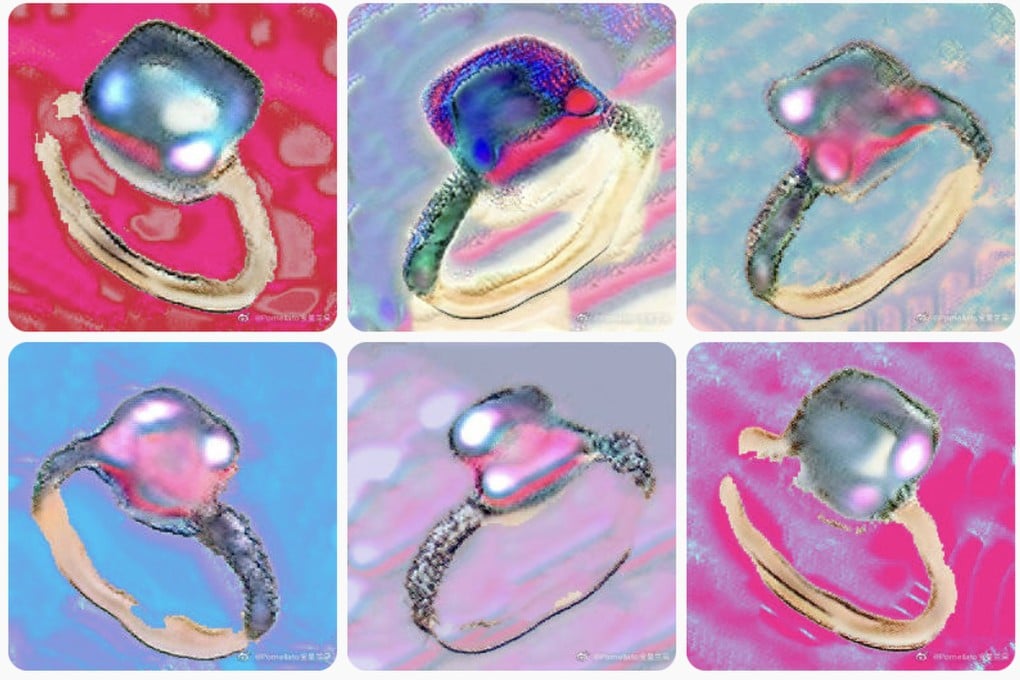China NFT and metaverse marketing requires Tiffany, other global luxury brands, to tread lightly and be creative
- Brands must try to reach China’s young, digitally savvy consumers while adhering to the nation’s ban on cryptocurrencies and NFT trading
- Luxury brands face choice between developing offerings for regulated platforms and ‘lying flat’ and letting word of international efforts seep through

As in the rest of the world, the metaverse is generating marketing buzz in China. Unlike the rest of the world, China does not allow metaverse activities that involve cryptocurrency or trading in non-fungible tokens (NFTs). Yet brands are still finding ways to be creative in the developing arena.
For example, Kering-owned Italian jewellery brand Pomellato recently commissioned crypto artist Sun Bohan to develop an NFT series based on the jewellery collection Nudo. The brand issued digital collectibles via Weibo’s digital collectible platform Top Holder in July.
Sun, the co-founder of BCA Gallery, also believes in showcasing crypto artwork from the global NFT community. His physical gallery in Shanghai recently promoted NFTiff, jewellery maker Tiffany & Co’s inaugural NFT collection made in collaboration with CryptoPunks, one of the most coveted series of collections launched in 2017. The gallery showed a promotional video for the collection on a giant LED screen before the collection was released on August 5.
“This is not an official partnership [with Tiffany],” said Sun, who is now based in Los Angeles. “But in the ecosystem of NFT or Web3, brands need more spontaneous voices from their communities.”

It is uncertain how much value the unsolicited promotion brought to the final sales result. Tiffany sold out all 250 sets in the collection within 20 minutes on the day of release, bagging US$12.5 million, with each NFTiff priced at US$50,000 (or 30 ether). On Friday, the floor price, or the lowest price of a single NFT in the collection, was 49 ether.
